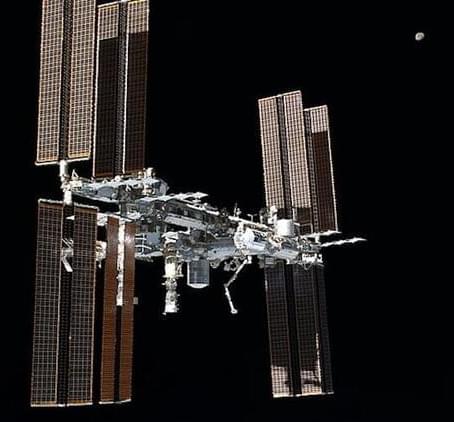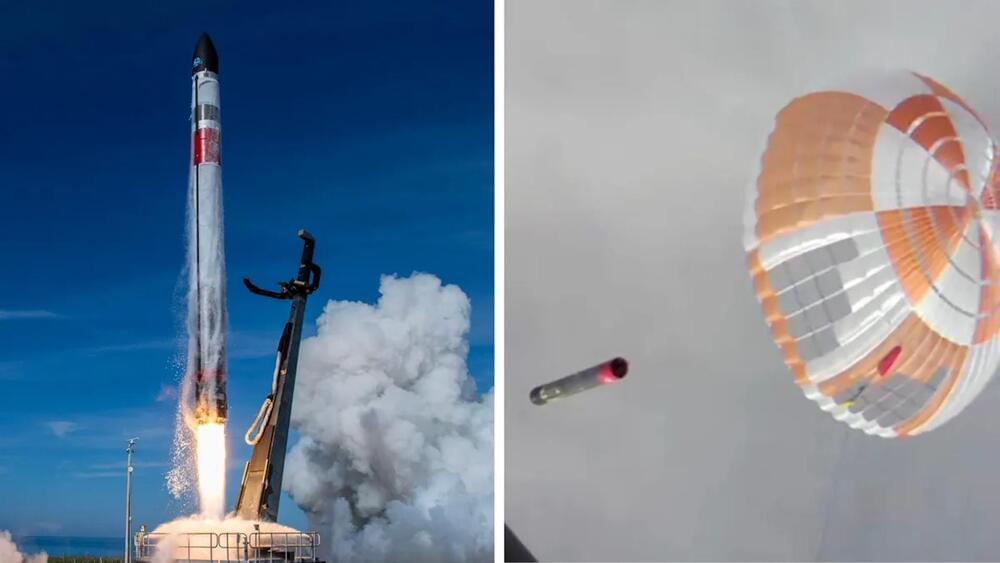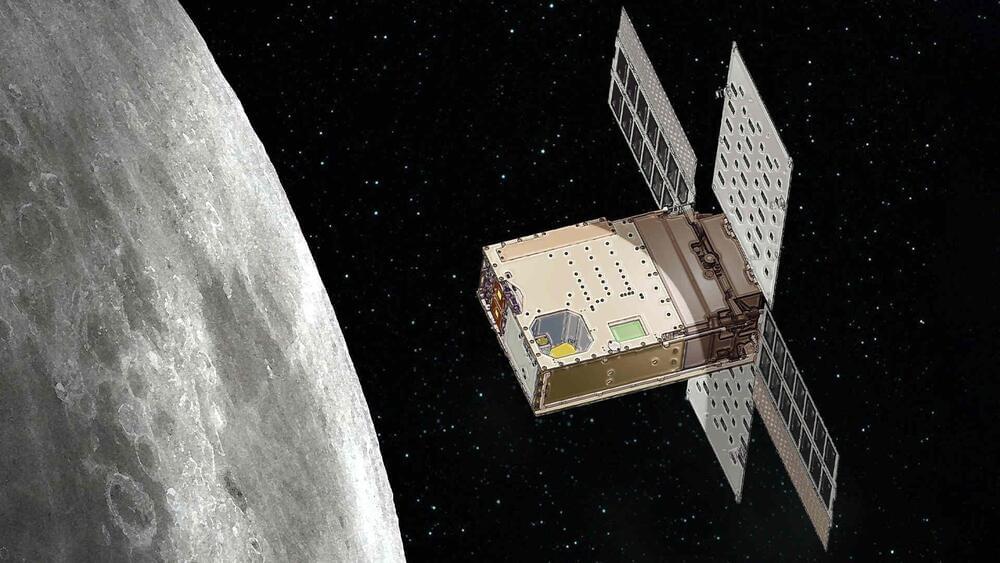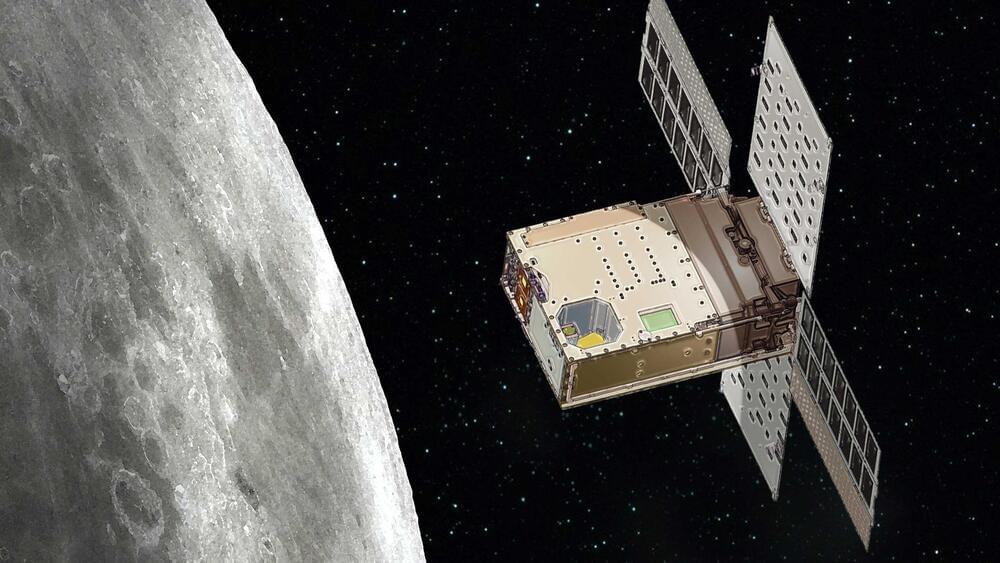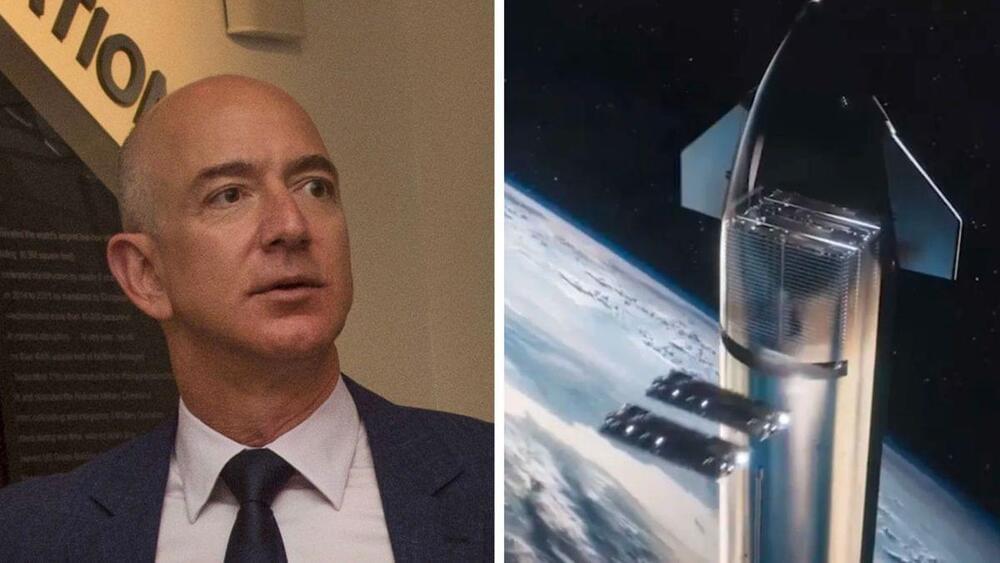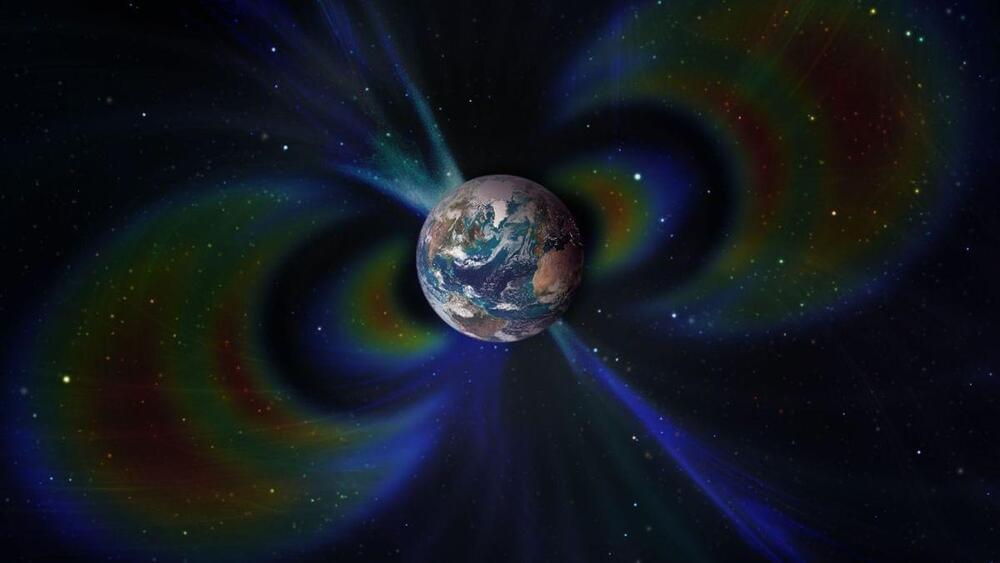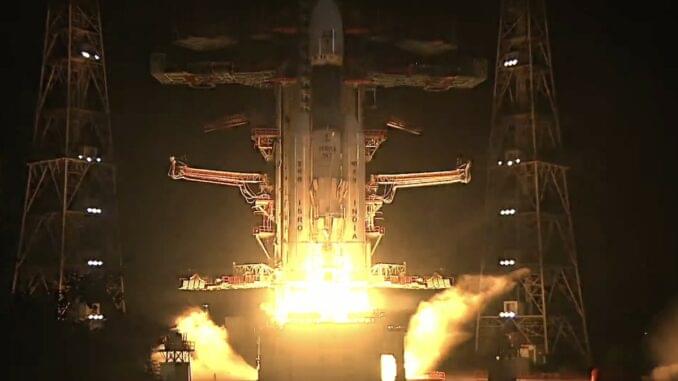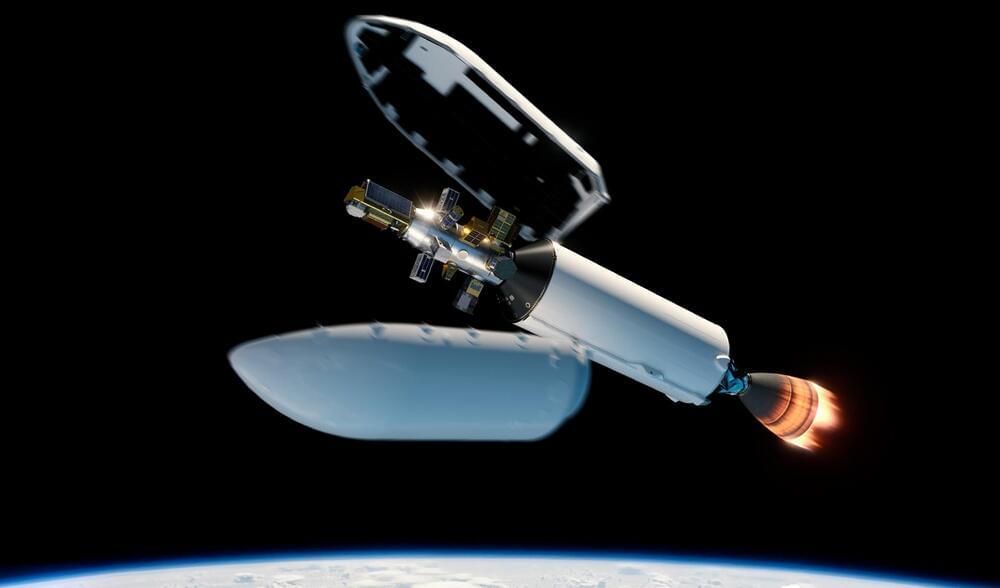From swerving to sheltering in place, here’s how the International Space Station handles hazards on the increasingly cluttered space lanes.
The most recent maneuver happened last week when the ISS boosted itself into a higher orbit to avoid debris from a 2021 Russian anti-satellite missile test. It’s likely that such close calls will only get more common as humanity keeps cluttering up the space lanes with old satellites and bits of wreckage from collisions and missile tests. Here’s what you need to know about space debris and how to avoid it.
How does the International Space Station dodge space debris?
It’s tempting to picture astronauts piloting the ISS like it’s the Millennium Falcon, relying on their lightning reflexes (and maybe the Force) to swerve around bits of obliterated spaceships, often with mere inches to spare. The reality — like a lot of things in space flight — is much slower and happens over much bigger distances than Hollywood’s version. But it can still be extremely tense, as lives are at stake, and if something goes wrong, help is not on the way.
